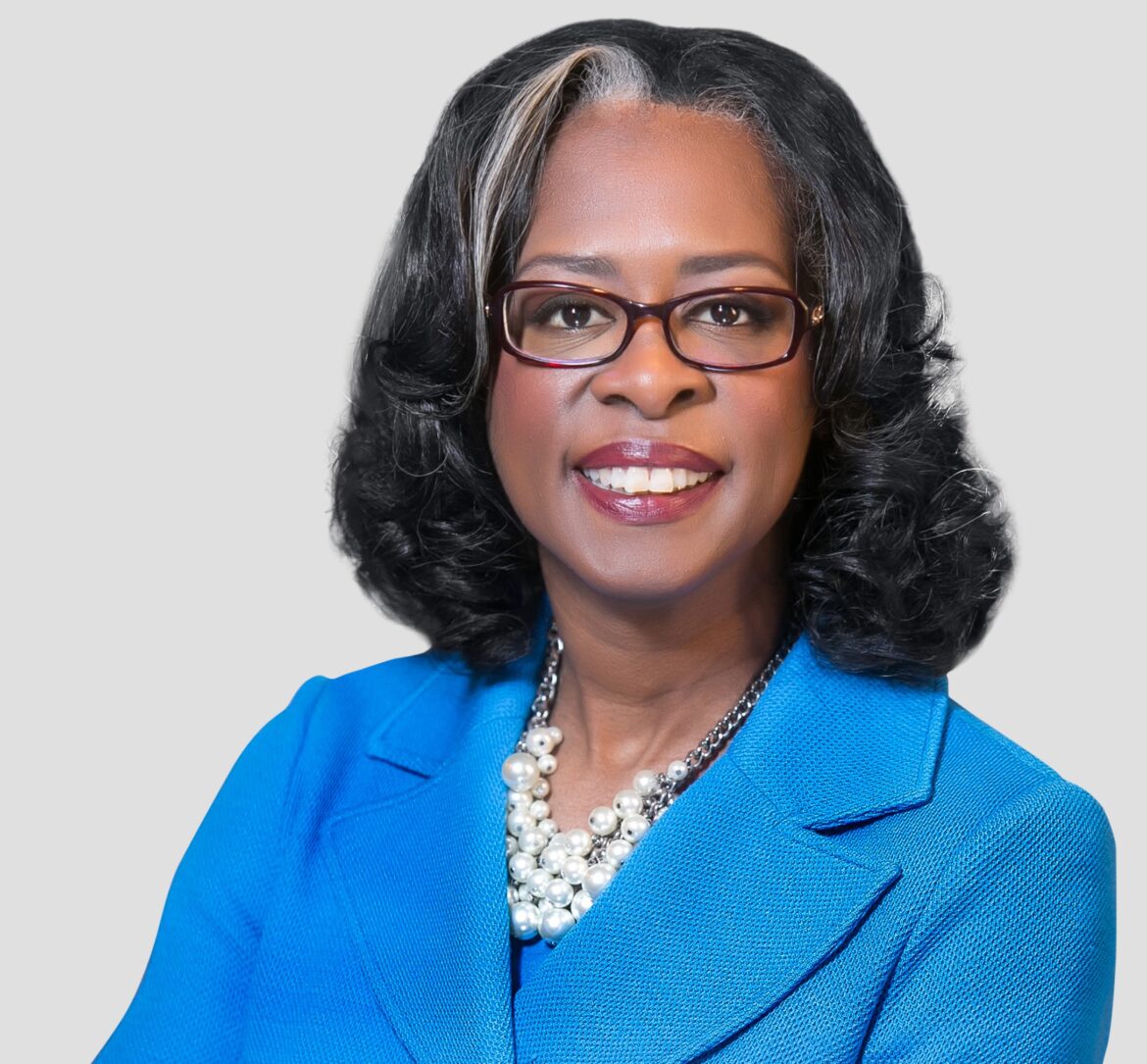City of Hope, with locations in California, Arizona, Illinois, and Georgia, is one of the largest cancer research and treatment organizations in the U.S. serving approximately 134,000 patients each year, with more than 11,000 team members, 600 physicians and more than 1,000 scientists and researchers. As one of only 53 NCI-designated comprehensive cancer centers (NCI-CCCs), City of Hope is leading efforts to address health disparities and bring the breakthroughs of tomorrow to the people who need them today. In addition to advanced medical treatments, City of Hope emphasizes holistic wellness solutions that integrate physical, emotional, and nutritional care to support patients throughout their healing journey.
Dating back to 1913 when it was a tuberculosis sanatorium, City of Hope has a rich history of serving the needs of the vulnerable community with a steadfast commitment to health equity, compassionate care, and leading-edge research. “From its inception, City of Hope has strived to expand access to optimal cancer care to every individual, irrespective of their race, socioeconomic status, insurance coverage or geographical location,” said Angela Talton, Senior Vice President and Chief Diversity, Equity and Inclusion Officer at City of Hope. “This commitment shaped our journey and continues to drive our diversity, equity and inclusion (DEI) strategy today.”
City of Hope has a holistic DEI strategy focused on its staff, patients, their families and caregivers and the community. Addressing systematic barriers to adequate cancer care is a cornerstone of the organization’s advocacy work. With this focus, City Hope created the Cancer Care is Different (CCID) Coalition, which brought together a diverse set of advocates, oncology leaders and organizations to increase access to specialized care that could save lives. The Coalition helped draft legislation which became the California Cancer Care Equity Act (CCCEA), a law passed in January 2023 to ensure all Californians, including those on MediCal, the state’s Medicaid program, have the right to request treatment at an NCI-CCC, where they can receive leading- edge treatments and enroll in clinical trials.
“In the US, there is a gap between the current era of cancer innovation and the people who need and can access these breakthroughs,” says Talton. “Our industry needs to close that gap by advancing equity for all patients, not just those who seek care via our centers or medicines.” City of Hope understands that cultivating a culture of inclusion is crucial for engaging and building trust with historically excluded and underserved communities. By fostering an inclusive environment. City of Hope is better equipped to meet the needs of these communities and provide them with optimal care.
“This commitment begins internally with practices such as comprehensive interactive, scenario-based training and development programs that have been introduced to ensure all employees receive training on actions and behaviors needed to foster a consciously inclusive City of Hope,” says Talton. Additionally, City of Hope has established a supplier diversity program, which encourages the use of minority- owned, women-owned, veteran-owned, LGBT-owned, service- disabled veteran-owned, and historically underutilized businesses as suppliers.
City of Hope also recognizes the crucial role of a diverse physician workforce in offering high-quality care to an increasingly diverse patient population. Today, 40% of physicians at City of Hope identify as women, and 58% identify as racially/ethnically diverse.
These efforts have not gone unnoticed; in the past two years City of Hope’s ranking on DiversityInc’s list as one of the nation’s “Top Hospitals and Health Systems” has increased from #8 to #2. Additionally, the Human Rights Campaign (HRC) has named City of Hope a “Leader in LGBTQ Healthcare Equality” for four consecutive years, highlighting the organization’s commitment to providing inclusive care to all patients.
City of Hope’s commitment to health equity and DEI is deeply ingrained in its history and continues to shape its present and future. Through partnerships, community programs, advocacy and a diverse workforce, City of Hope is actively addressing disparities and working towards a future where every person, regardless of their background, has access to optimal cancer care.



